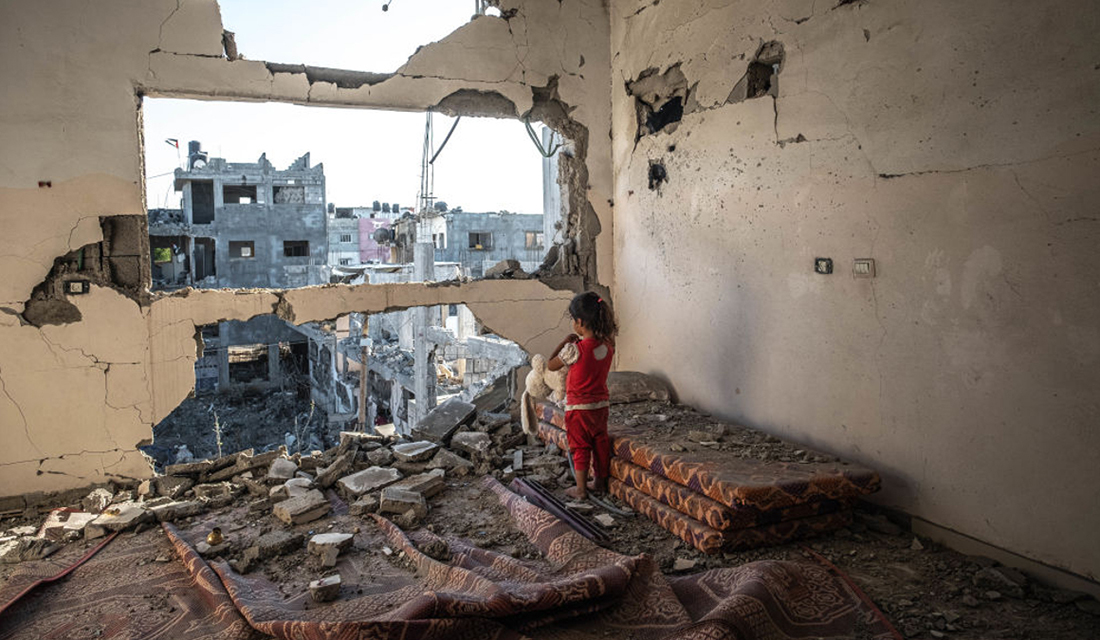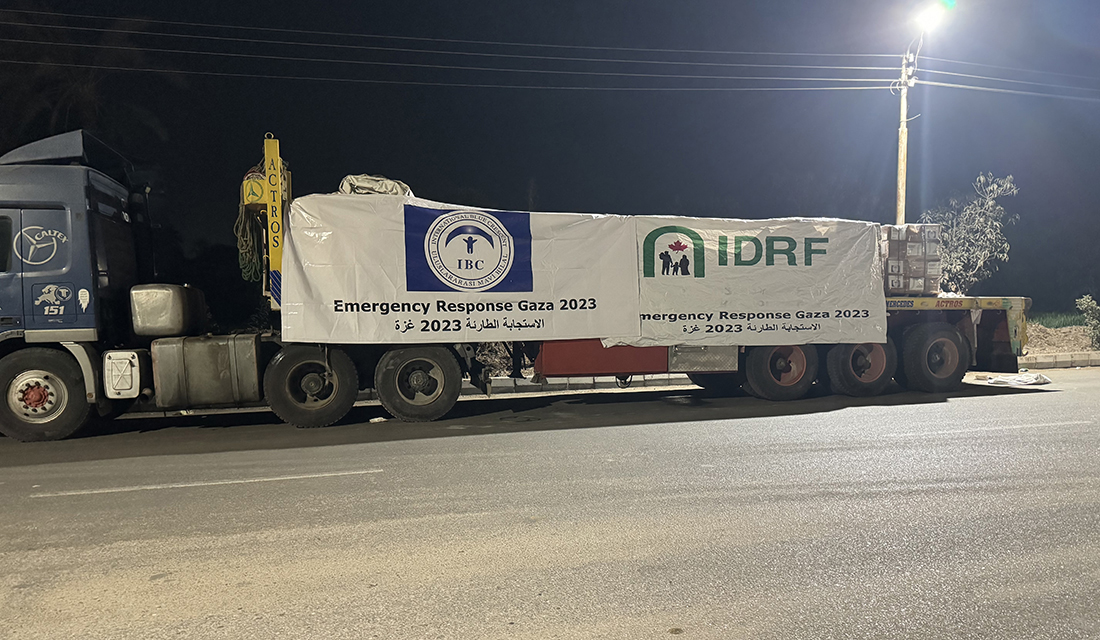
The humanitarian situation in Gaza has reached critical and unprecedented levels of human suffering. Months of military escalation has resulted in further civilian casualties and displacement in Gaza, as well as massive destruction to the infrastructures and the death of at least 25,490 Palestinians and injury of 63,354 Palestinians in Gaza according to the Ministry of Health.
According to UNRWA, as of 20th January, there are an estimated 1.7 million IDPs in Gaza. Many of them have been displaced multiple times, as families have been forced to move repeatedly in search of safety. Rafah governorate remains the main refuge for those displaced, with over one million people squeezed into extremely overcrowded spaces. As a result, communicable diseases are on the rise in Gaza with more than 223,000 cases of acute respiratory infections, or 10% of the population; more than 158,000 cases of diarrhea (of which 53% are children under five), and more than 7,500 cases of acute jaundice, several which have been confirmed as Hepatitis A.
 |
|
Photo Credit: AA / Mustafa Hassona |
People in Gaza do not have access to adequate quantity and quality of water and lack hygiene materials, which has consequences on their wellbeing, including physical health. People are in in dire need of food assistance as families have lost their assets and their means of living as they are forced to displace from one area to another more than once.
According to a recent survey by the Integrated Food Security Phase Classification (IPC), some 2.2 million people are at imminent risk of famine; some 378,000 people are at Phase 5 that refers to extreme lack of food, starvation, and exhaustion of coping capacities; and some 939,000 people at Phase 4.
 |
|
Photo Credit: Fatima Shbair, Getty Images |
What have we done in the region? How many people benefited from our relief? And in which region?
We are undertaking emergency response initiatives for now and would continue such interventions for the next six months at least because the needs are huge. In this respect we have distributed two trucks loaded with food parcels, hygiene kits, Women dignity kits and bottled water for 600 families (around 3000 individuals) in Rafah Governorate where the majority of IDPs are taking refuge.
What are we doing?
With support from IDRF, we distributed 600 Food parcels, 600 Hygiene kits, 600 Women Dignity Kits, and 600 boxes of water each containing 12 liters.
 |
 |
What are IBC’s plans for the next months?
IBC is planning to provide emergency assistance to Gaza for the next six months subject to extension based on the evolving situation and based on availability of funds. Our plan is to allocate USD 3 million for the next coming months to cater for the growing needs of food aid and nutrition, shelter and NFIs, health, WASH, Protection, Education and multi-purpose cash assistance. We are appealing for our donors to respond to the urgent needs of Gaza people. Our appeal can be accessed through this link: https://ibc.org.tr/EN/1710/ibc-flash-appeal-responding-gaza-crisis
Humanitarian access is an issue for humanitarian actors posing difficulty for aid to flow into Gaza? How did IBC manage that?
IBC works closely with governments, humanitarian coordinators, the UN OCHA coordination mechanisms, UN Bodies, and other partners to contribute to the necessary humanitarian response and contingency planning in the Occupied Palestinian Territories. We are ensuring that our interventions directed to the emergency response in the oPt are carried out in line and complementary to country level response planning.
While IBC has no operational presence in the Occupied Palestinian Territories, West Bank nor Israel, the capacity and regional presence through our existing programming allows us to pivot ongoing work and respond to the crisis, in particular through our relationship with border authorities, Egyptian Local Partners, UNRWA and other UN entities and civil society partners inside Gaza.
We managed to get our aid cargos reach the people in need in Gaza through close collaboration and coordination with UNRWA who thankfully assisted IBC in inspecting our aid cargos and ensuring compliance with the set rules and regulations. IBC will continue collaborating with UNRWA to reach the needy people in GAZA.